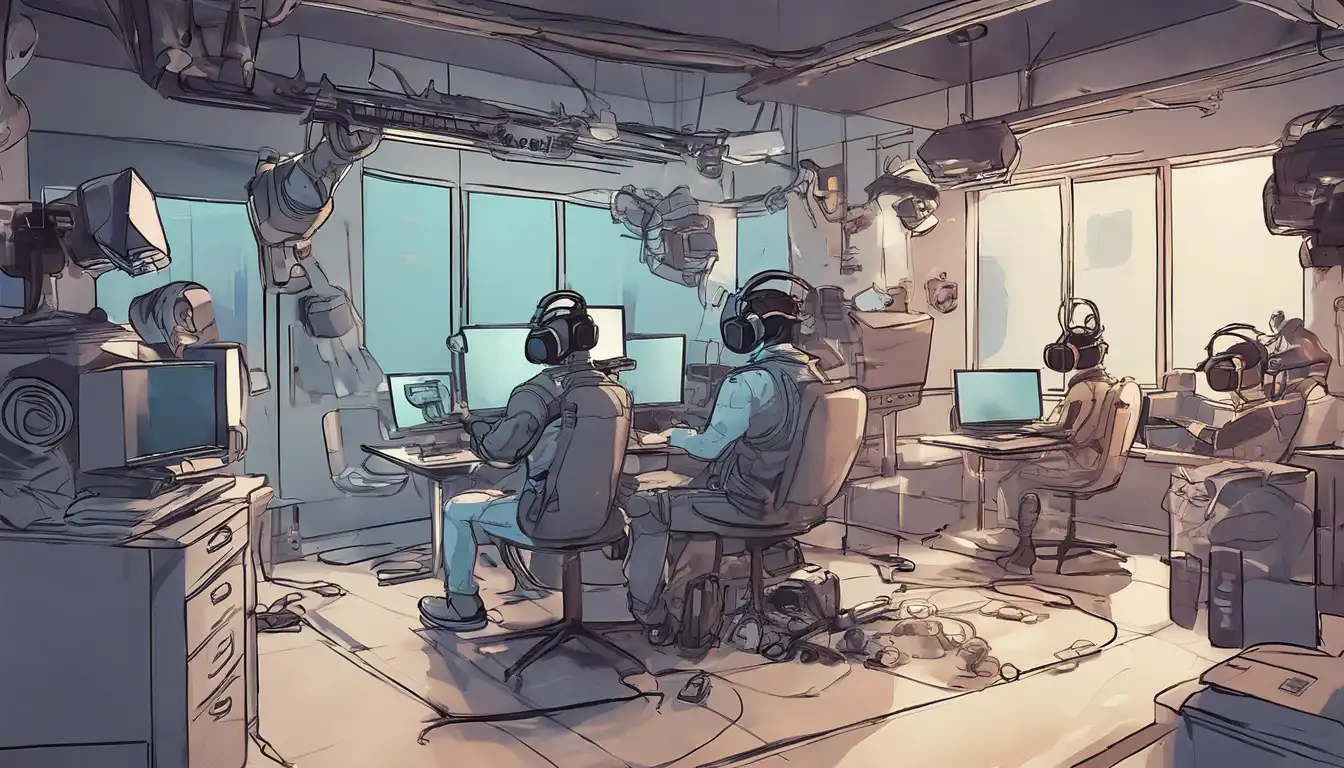Introduction to Virtual Reality Development
Virtual Reality (VR) development is an exciting field that combines creativity with technology to create immersive experiences. Whether you're interested in gaming, education, or training simulations, VR offers endless possibilities. This guide will walk you through the basics of getting started with VR development.
Understanding the Basics of VR
Before diving into development, it's essential to understand what VR is and how it works. VR creates a simulated environment that users can interact with in a seemingly real or physical way. This is achieved through the use of VR headsets and controllers.
Choosing the Right Tools and Software
There are several tools and software options available for VR development. Some of the most popular include Unity and Unreal Engine, which are both powerful game engines that support VR development. Additionally, you'll need a VR headset for testing your projects.
- Unity: A versatile game engine that's great for beginners.
- Unreal Engine: Offers high-quality graphics and is suitable for more advanced projects.
- VR Headsets: Oculus Rift, HTC Vive, and Valve Index are among the top choices.
Learning the Fundamentals
To start developing VR applications, you'll need to learn the fundamentals of programming and 3D modeling. Languages like C# (for Unity) and C++ (for Unreal Engine) are commonly used in VR development. Understanding 3D modeling concepts is also crucial for creating immersive environments.
Building Your First VR Project
Once you're familiar with the tools and basics, it's time to start your first project. Begin with something simple, like a virtual room that users can explore. This will help you get comfortable with the development process and the tools you're using.
Testing and Iteration
Testing is a critical part of VR development. Regularly test your project on the intended VR headset to ensure a smooth and immersive experience. Gather feedback from users and iterate on your design to improve the experience.
Resources for Further Learning
There are many resources available to help you learn more about VR development. Online courses, tutorials, and community forums can provide valuable insights and support as you advance your skills.
- Online Courses: Platforms like Udemy and Coursera offer comprehensive VR development courses.
- Tutorials: YouTube and official documentation from Unity and Unreal Engine are great for step-by-step guidance.
- Community Forums: Engage with other developers on forums like Stack Overflow and Reddit.
Conclusion
Starting with VR development can be daunting, but with the right tools and resources, anyone can begin creating immersive virtual experiences. Remember to start small, focus on learning the fundamentals, and continuously test and iterate on your projects. The world of VR development is vast and full of opportunities for those willing to explore it.
